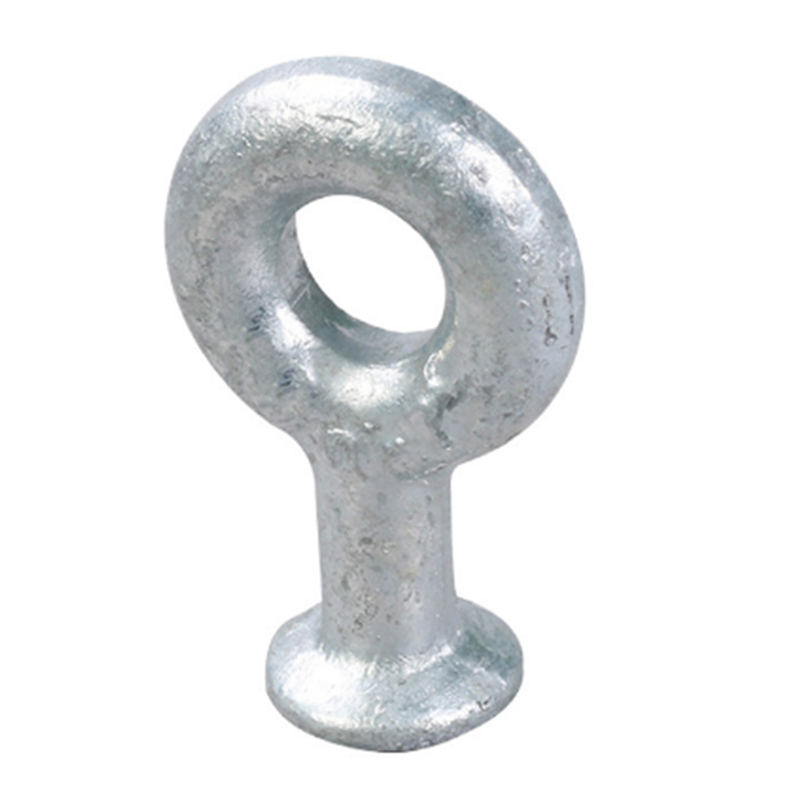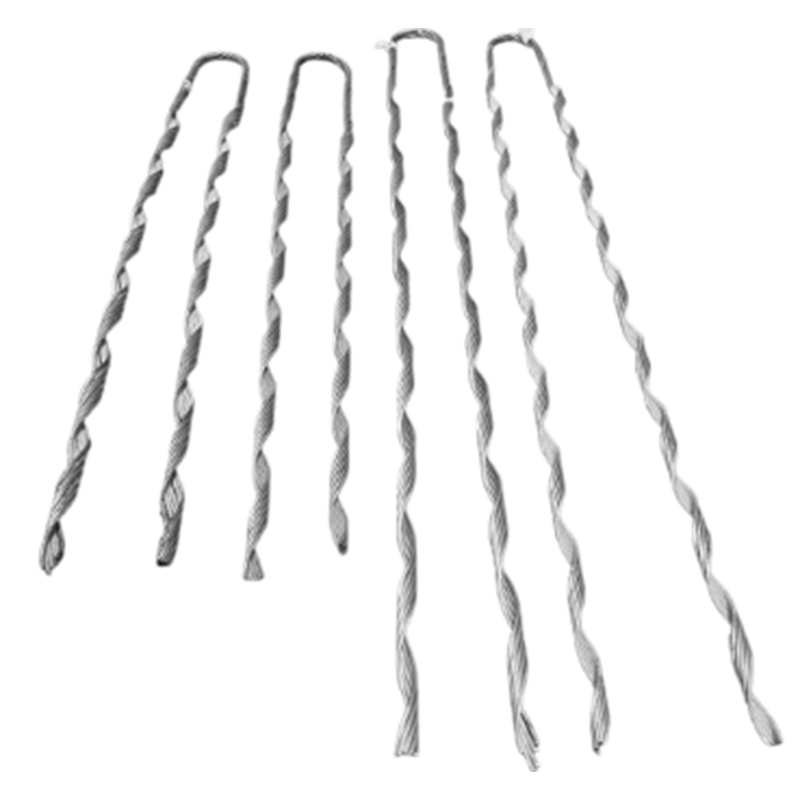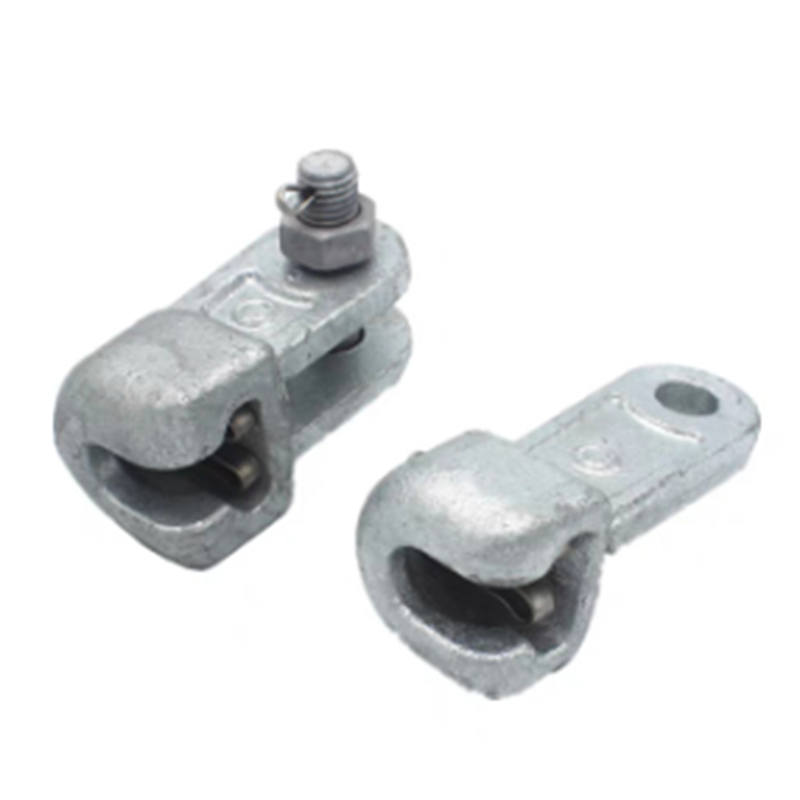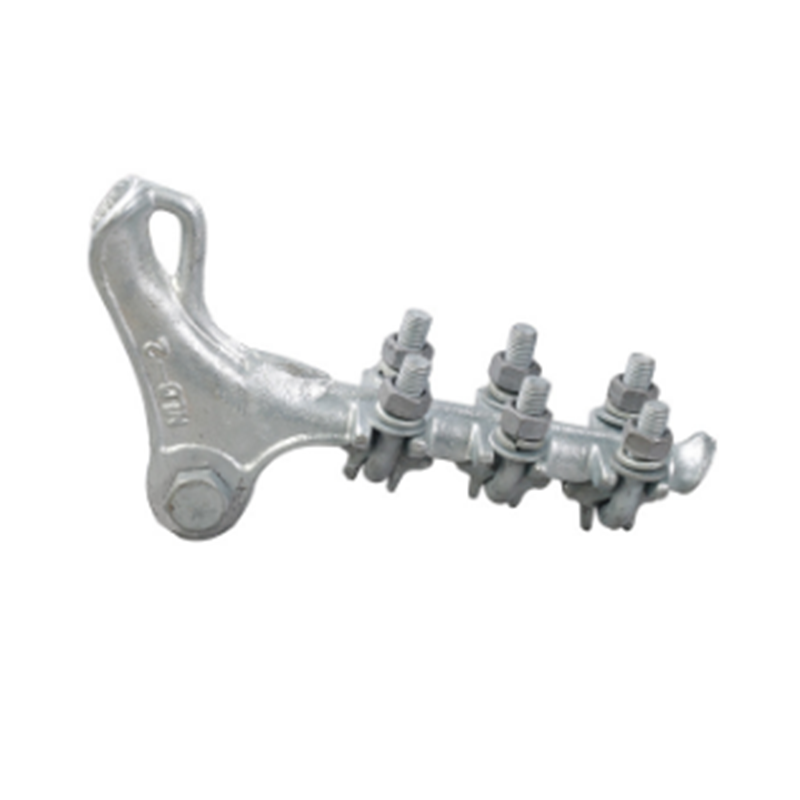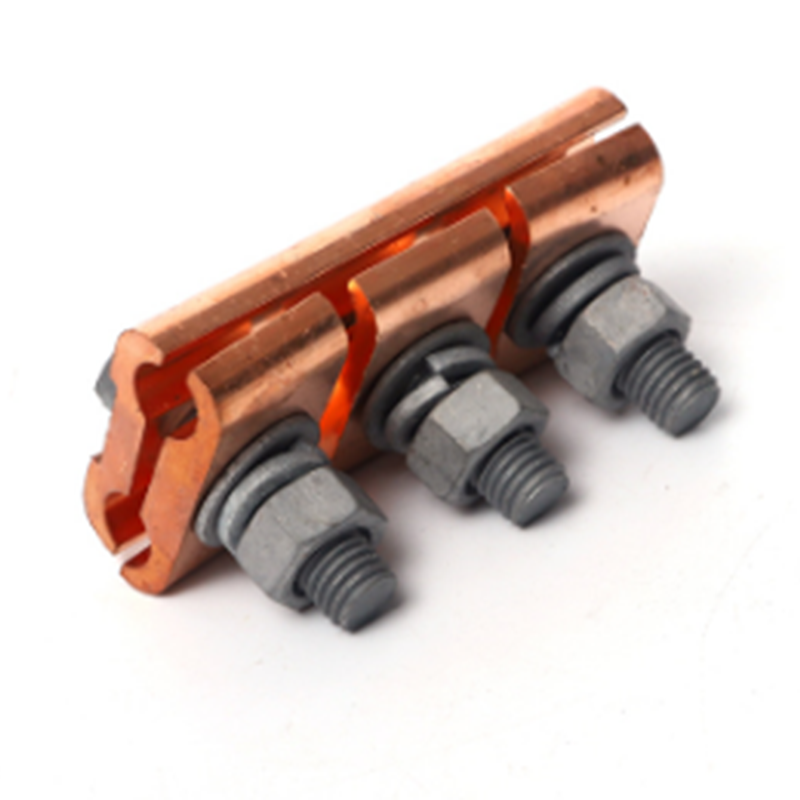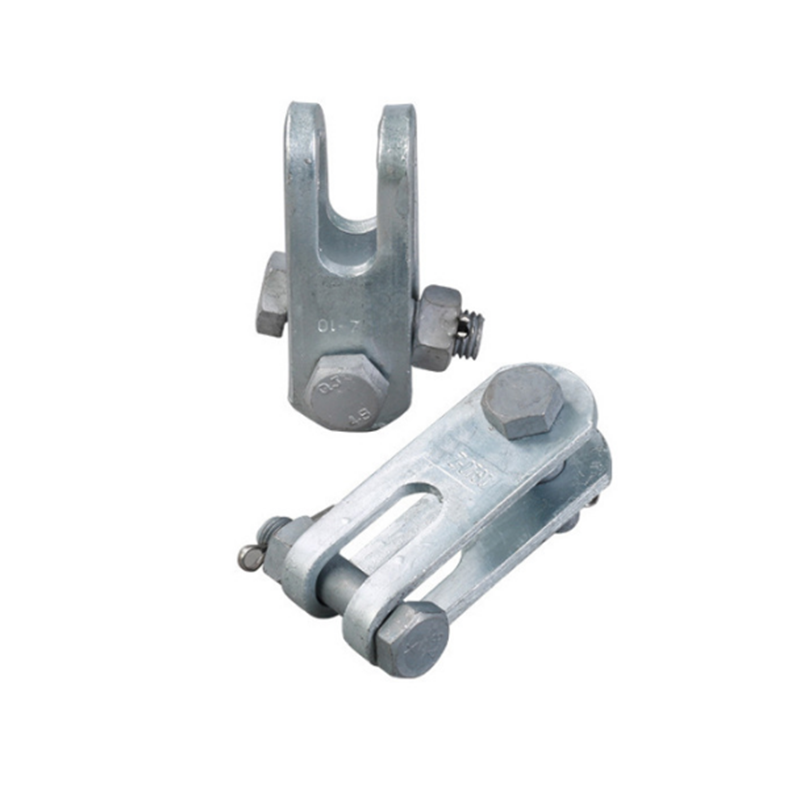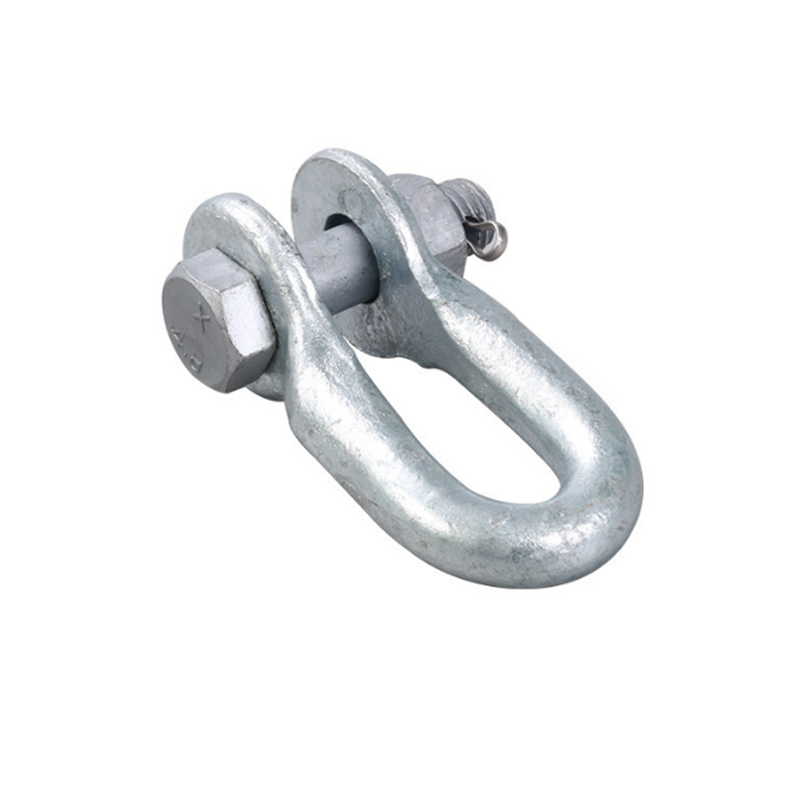- Chinese
- French
- German
- Portuguese
- Spanish
- Russian
- Japanese
- Korean
- Arabic
- Irish
- Greek
- Turkish
- Italian
- Danish
- Romanian
- Indonesian
- Czech
- Afrikaans
- Swedish
- Polish
- Basque
- Catalan
- Esperanto
- Hindi
- Lao
- Albanian
- Amharic
- Armenian
- Azerbaijani
- Belarusian
- Bengali
- Bosnian
- Bulgarian
- Cebuano
- Chichewa
- Corsican
- Croatian
- Dutch
- Estonian
- Filipino
- Finnish
- Frisian
- Galician
- Georgian
- Gujarati
- Haitian
- Hausa
- Hawaiian
- Hebrew
- Hmong
- Hungarian
- Icelandic
- Igbo
- Javanese
- Kannada
- Kazakh
- Khmer
- Kurdish
- Kyrgyz
- Latin
- Latvian
- Lithuanian
- Luxembou..
- Macedonian
- Malagasy
- Malay
- Malayalam
- Maltese
- Maori
- Marathi
- Mongolian
- Burmese
- Nepali
- Norwegian
- Pashto
- Persian
- Punjabi
- Serbian
- Sesotho
- Sinhala
- Slovak
- Slovenian
- Somali
- Samoan
- Scots Gaelic
- Shona
- Sindhi
- Sundanese
- Swahili
- Tajik
- Tamil
- Telugu
- Thai
- Ukrainian
- Urdu
- Uzbek
- Vietnamese
- Welsh
- Xhosa
- Yiddish
- Yoruba
- Zulu
- Kinyarwanda
- Tatar
- Oriya
- Turkmen
- Uyghur

Wedge lock washers
Understanding Wedge Lock Washers in Practical Applications
Wedge lock washers are often considered as the unsung heroes in various industrial assemblies. We frequently underestimate their importance until facing a nut or bolt that just won’t stay tightened regardless of the torque applied. So, why are these small components so crucial, and is there a right way to choose and use them effectively?
The Basics of Wedge Lock Washers
At its core, a wedge lock washer is designed to prevent loosening in bolted joints, particularly when vibration or dynamic loads are involved. They work on the principle of tension rather than friction, which distinguishes them from traditional washers. This tension-based approach ensures a more reliable hold in challenging conditions.
Now, if you're new to these, you might assume that all washers perform similarly, but overlooking the critical differences could lead you to troublesome misfires in your projects. I’ve seen firsthand how improper washer selection led to equipment failures, causing downtime in a manufacturing setup I was involved in.
Choosing the right wedge lock washer can drastically reduce such incidents. It’s about understanding your specific application requirements, which sometimes means going beyond just reading specifications.
When and Why You Should Use Them
It’s one thing to know what wedge lock washers do but quite another to understand when they should be used. They are typically employed in situations where safety and reliability are paramount, such as in heavy machinery, automotive systems, and even in some structural applications.
One of my memorable experiences was in an industrial environment where machinery vibrated significantly. Initially, I suspected the bolts used were inadequate, but testing with wedge lock washers revealed they kept everything snug and secure under stress.
So, always consider the conditions your assembly will endure. Vibration tests can be enlightening, ensuring that your choice of fasteners is not just theoretically sound but practically verified.
Installation Insights and Common Pitfalls
It's not just about buying the right washer; installation plays a significant role. I can’t stress enough how crucial it is to follow precise installation procedures. Misalignment during setup often goes unnoticed, yet it dramatically reduces the efficacy.
Using wedge lock washers from reputable suppliers like Shengfeng Hardware Fastener Factory can make a world of difference. Their products are made with exacting standards, which I’ve relied on in various projects for reliable performance.
Do remember to clean the bolts and contact surfaces before installing washers—grease or debris can lead to slipping, which defeats the purpose entirely.
Material Considerations
When discussing materials, most conversations tend to revolve around strength and durability. Stainless steel and carbon steel are popular choices due to their resistance to environmental factors and wear.
However, it’s not just about the material but also the coating. In some harsh environments, corrosion-resistant coatings can extend the life of both the washers and the entire assembly.
Your go-to source, like Shengfeng Hardware Fastener Factory (visit their site at sxwasher.com), can provide guidance on the best material combinations for your specific needs.
Innovative Uses in Today's Industry
Finally, it’s worth mentioning how modern advancements are pushing the application envelope of wedge lock washers. In renewable energy sectors, for instance, they play a pivotal role in ensuring the stability and upkeep of installations.
As I was part of a renewable project, I observed how choosing the right fastener was integral to maintaining structural integrity over decades. It’s not just about the immediate fix, but sustainable resilience.
In conclusion, wedge lock washers might be just one piece of the puzzle, but selecting, installing, and maintaining them properly can significantly impact the long-term reliability of your projects. Keep up with your industry’s best practices and consult experts, like those at Shengfeng Hardware Fastener Factory, for specialized needs.
Соответствующая продукция
Соответствующая продукция





